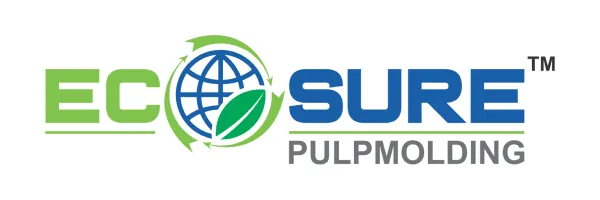The Dangers of Plastic Pollution in Our Oceans
Plastic pollution has become one of the most pressing environmental crises of our time. Every year, millions of tons of plastic waste end up in our oceans, wreaking havoc on marine ecosystems, wildlife, and even human health. Despite growing awareness, the problem continues to escalate, demanding urgent action.
How Does Plastic Enter the Oceans?
Most ocean plastic comes from land-based sources, including:
- Improper waste disposal – Littering and inadequate recycling systems allow plastic to enter rivers and streams.
- Fishing gear – Abandoned nets and fishing equipment contribute significantly to ocean plastic.
- Microplastics – Tiny plastic particles from cosmetics, synthetic clothing, and degrading plastic items wash into waterways.
Once in the water, plastic is carried by currents, forming massive garbage patches like the Great Pacific Garbage Patch, which is now twice the size of Texas.
The Devastating Impact on Marine Life
Marine animals suffer immensely from plastic pollution:
- Entanglement – Seals, turtles, and seabirds get trapped in plastic debris, leading to injury or death.
- Ingestion – Fish, whales, and seabirds mistake plastic for food, causing starvation, poisoning, and internal damage.
- Microplastics in the food chain – Tiny plastic particles are consumed by plankton, moving up the food chain and eventually reaching humans.
Human Health at Risk
Plastic pollution doesn’t just harm marine life—it affects us too. Studies have found microplastics in seafood, drinking water, and even the air we breathe. These particles may contain toxic chemicals linked to cancer, hormonal disruptions, and other health issues.
What Can We Do?
While the problem is vast, individual and collective actions can make a difference:
- Reduce single-use plastics – Opt for reusable bags, bottles, and containers.
- Support plastic bans and policies – Advocate for laws that limit plastic production and improve waste management.
- Participate in cleanups – Join beach or river cleanup efforts in your community.
- Spread awareness – Educate others about the dangers of plastic pollution.
The Time to Act is Now
Plastic pollution is a global crisis that requires immediate attention. By making conscious choices and pushing for systemic change, we can help protect our oceans—and ultimately, ourselves.
What steps will you take to reduce plastic waste?




